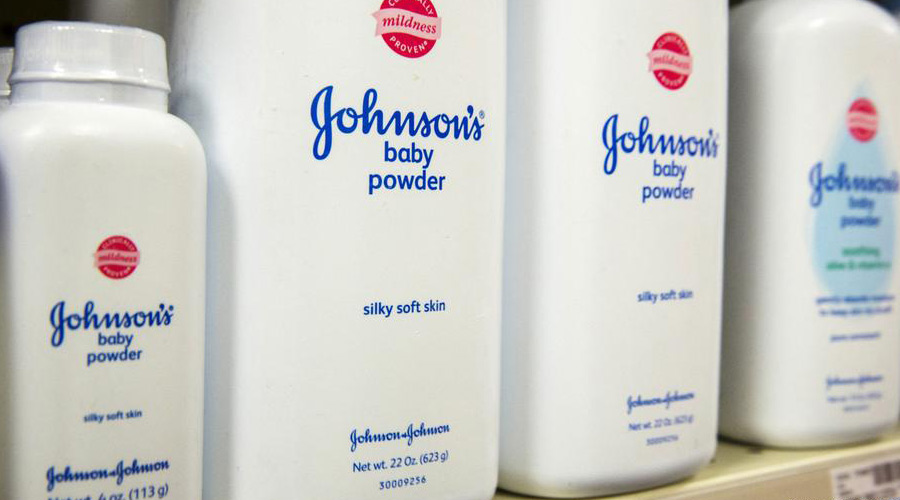The Third US Circuit Court of Appeals in Philadelphia on Monday dismissed a bankruptcy filing from the Johnson & Johnson subsidiary LTL management to prevent the company from shifting thousands of legal claims over cancer-causing talc products out of trial courts.
J&J had attempted to divide the company into two separate entities before placing one entity into bankruptcy, in a legal restructuring maneuver sometimes referred to as the "Texas two-step." The maneuver has been criticized by legal scholars and experts who argue it could show the way for other firms to avoid similar litigation.
The pharma giant faces 40,000 cancer claims following lawsuits over cancer-causing talc the company produced. The company argued that it would result in a more "efficient" and "equitable" resolution for those who brought suit against the pharmaceutical giant.
Why did the court rule against the company?
J&J argued that its effort to force a division of the company into bankruptcy would not reduce the size of financial settlements paid to claimants.
But in its ruling, the appeals court said that while J&J "faces substantial future talc liability, its funding backstop plainly mitigates any financial distress."
Judge Thomas Ambro said the company's effort to shelter the brand or "comprehensively resolve litigation" was not an appropriate pretext to use the bankruptcy system.
"Only a putative debtor in financial distress can do so. LTL was not," the ruling said regarding the Johnson & Johnson subsidiary.
Shares in the publicly-traded company fell 3% on news of the ruling.
What is impact of the court's decision?
J&J may be forced to fight claims in civil courts at a cost of billions, in a process that could take decades, filings from the company's subsidiary said.
The pharmaceutical firm said it will go about "[r]esolving this matter as quickly and efficiently as possible is in the best interests of claimants and all stakeholders.”
A Missouri jury in 2018 ordered J&J to pay $4.7 billion (€4.33 billion) in damages to nearly two dozen women that said J&J's product caused cancer.
The company appealed and the settlement was reduced, but the payout was still more than $2 billion.
Johnson & Johnson stopped selling baby talcum powder in the US and Canada and will phase out sales over the rest of the year.
Spokeswoman Allison Fennell said, "We continue to stand behind the safety of Johnson's Baby Powder, which is safe, does not contain asbestos and does not cause cancer.”










